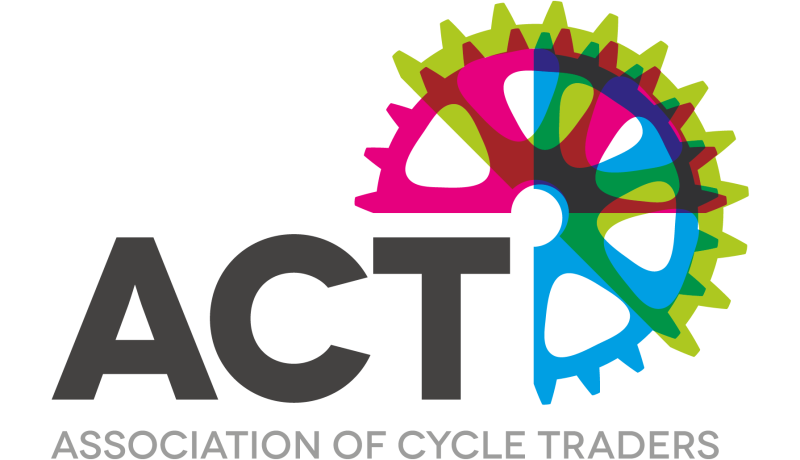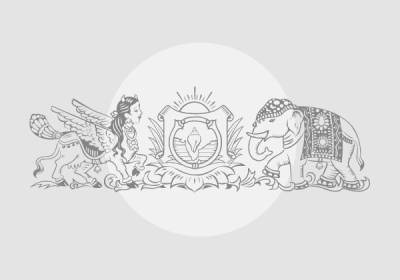
ACT highlight criminals undermining legitimate retailers as trading standards collapse
This past week has seen ACT parent company Bira warn that criminals are undermining legitimate retailers as trading standards services collapse, following a new Which? Investigation.
Here we share the ACT announcement, in full, before providing some wider context – referencing events of the past 12 months.
The consumer champion’s research found that 36 trading standards services reported no criminal prosecutions in the 2023-24 financial year, with some teams having fewer than one member of staff per 100,000 people. Proactive inspections and enforcement of counterfeit goods, scams and other criminal activities have been deprioritised by several teams.
Bira says the findings highlight how law-abiding retailers are being disadvantaged by criminals who know they face virtually no consequences for their actions.
The Which? Report documented cases including cowboy builders intimidating pensioners and dangerous counterfeit products being sold through online marketplaces, whilst legitimate businesses struggle to compete against illegal operators.
Andrew Goodacre, Bira CEO, said: “This Which? The report is in line with our fears that we are losing control of the high streets and undermining legitimate independent retailers. We need well-resourced trading standards teams to deal with the multitude of issues caused by criminals exploiting the lack of intervention in their criminal activities.
“From selling illegal products, re-selling stolen items to selling fake items, it seems that criminal activity is growing whilst responsible, legal retailers suffer with a lack of support. The new small business strategy does not fully address these concerns.”
Independent retailers across the UK face unfair competition from illegal operators who sell counterfeit goods, avoid business rates, ignore health and safety requirements, and undercut legitimate businesses that follow the rules and pay their taxes.
The association is calling for urgent government action to properly resource trading standards teams and ensure they can effectively investigate and prosecute rogue traders who are damaging both consumers and legitimate businesses.
Bira notes that responsible independent retailers invest heavily in proper sourcing, staff training, health and safety compliance, and building trusted relationships with their communities – investments that are undermined when criminals are allowed to operate with impunity.
The Which? investigation found that many consumers feel powerless when their complaints about rogue traders are routinely ignored, contributing to a sense that “Britain isn’t working for people who work hard and follow the rules.”
Providing wider context
The news will likely come as a source of particular frustration for UK bike shops, who, during 2024, saw visits from the Office of Product Safety and Standards under the guise of ensuring legal e-bikes being sold with the appropriate compliance labelling on display.
These visits coincided with the Office of Product Safety and Standards running what could be best described as a ‘tone deaf’ communication campaign around e-bike fires – seemingly with little cycling industry consultation or input.
Thankfully, in the months following, a “Government-commissioned safety report conducted by the Warwick Manufacturing Group” undertook what has been reported as “unprecedented lab testing”, which “vindicates e-bikes of fire risk”
Encouragingly, 2025 has seen the UK Government clarify language around ‘illegal’ and ‘fake’ e-bikes, which clearly outlines that there are legal, real e-bikes – a significant, positive step in protecting the legal and regulation-compliant eMobility and bicycle industries.
Following this shift in messaging, mainstream media have seen a raft of reports of police forces confiscating and crushing illegal, non-compliant eMobility products (often eMotorcycles, along with high-powered eScooters).
Who is responsible for what?
Local government highlights that:
“The Office of Product Safety and Standards is the national regulator and policy holder when it comes to the safety of products aimed at the consumer market.
However, Trading Standards has statutory responsibilities in terms of product safety enforcement in their local area in relation to such consumer goods.”






No Comment! Be the first one.